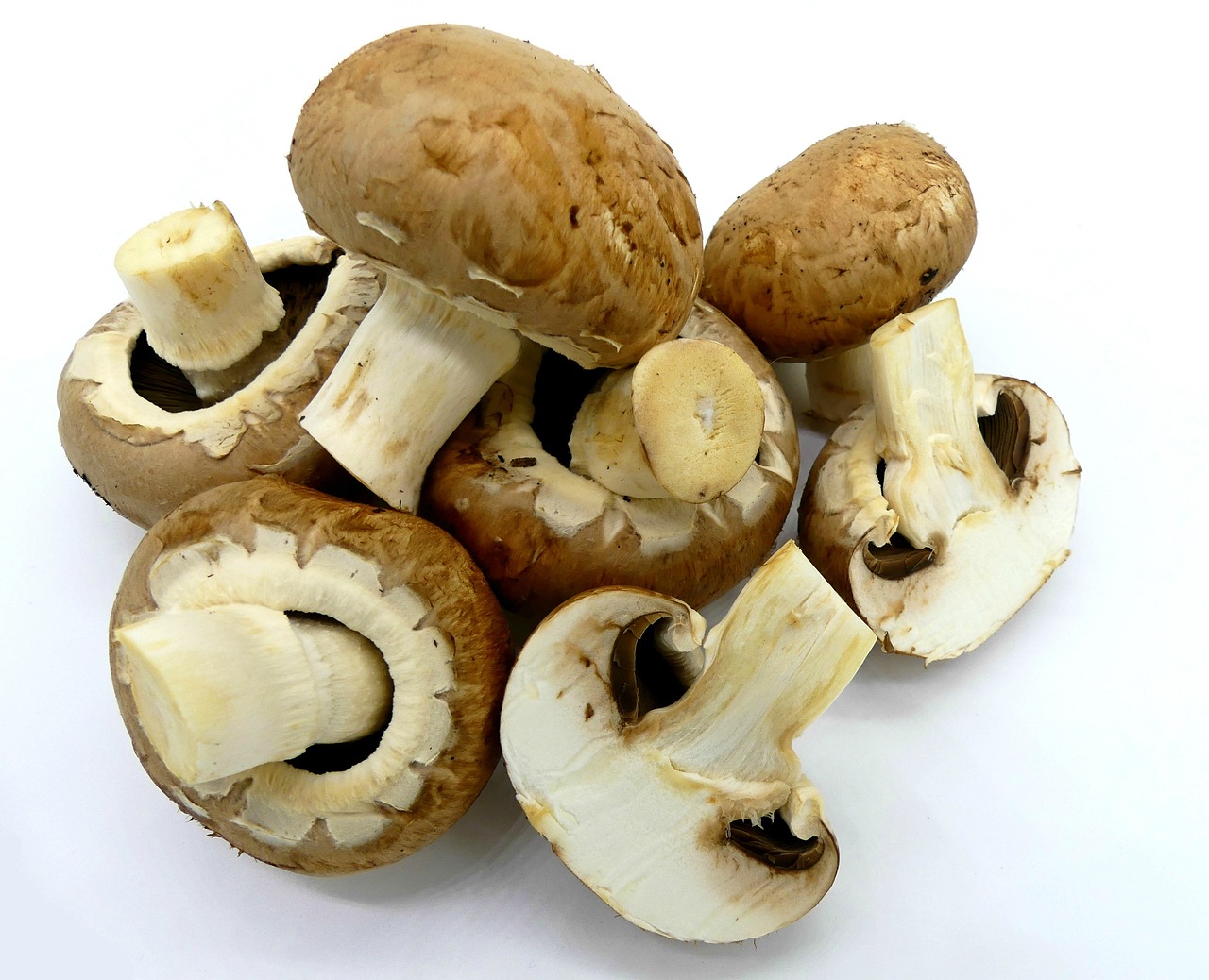The Surprising Health Benefits of Fermented Foods: Improving Digestion and Boosting Immunity.
Fermented foods have gained popularity in recent years for their potential benefits on gut health. These foods undergo a natural fermentation process where beneficial bacteria break down sugars and create byproducts like organic acids and enzymes. These byproducts can help support a healthy balance of gut microbiota, which play a crucial role in digestion and overall health.
The consumption of fermented foods has been associated with improved gut motility and digestion. The presence of probiotics in these foods can help maintain a diverse and healthy gut microbiome, which is essential for proper nutrient absorption and immune function. Additionally, fermented foods may also aid in reducing inflammation in the gut and promoting a healthier environment for beneficial bacteria to thrive.
The Link Between Fermented Foods and Improved Digestion
Fermented foods have gained popularity for their potential benefits on digestion. These foods undergo a process where natural bacteria feed on the sugars and starches, creating lactic acid. This lactic acid helps in promoting the growth of beneficial bacteria in the gut, which can aid in digestion and overall gut health.
Moreover, fermented foods are rich in probiotics, which are live bacteria and yeasts that are good for your digestive system. These probiotics can help restore the natural balance of the gut microbiome, leading to improved digestion and absorption of nutrients. Additionally, the enzymes produced during the fermentation process can also assist in breaking down food more efficiently, easing digestion.
What are fermented foods?
Fermented foods are foods that have undergone a fermentation process, where beneficial bacteria break down sugars and other compounds in the food.
How do fermented foods impact gut health?
Fermented foods contain probiotics, which are beneficial bacteria that can help improve the balance of bacteria in the gut. This can lead to better digestion and overall gut health.
What are some examples of fermented foods?
Examples of fermented foods include yogurt, kefir, sauerkraut, kimchi, kombucha, and miso.
How can I incorporate more fermented foods into my diet?
You can incorporate fermented foods into your diet by adding them as toppings or condiments, including them in recipes, or eating them as snacks.
Are there any potential side effects of consuming fermented foods?
While fermented foods are generally safe for most people, some individuals may experience gas, bloating, or other digestive issues when first adding them to their diet. It’s best to start with small amounts and gradually increase consumption.





